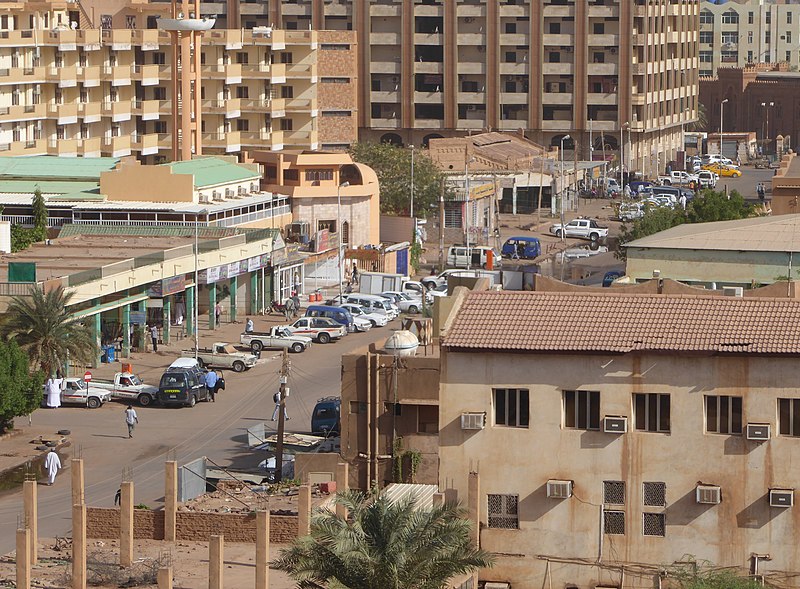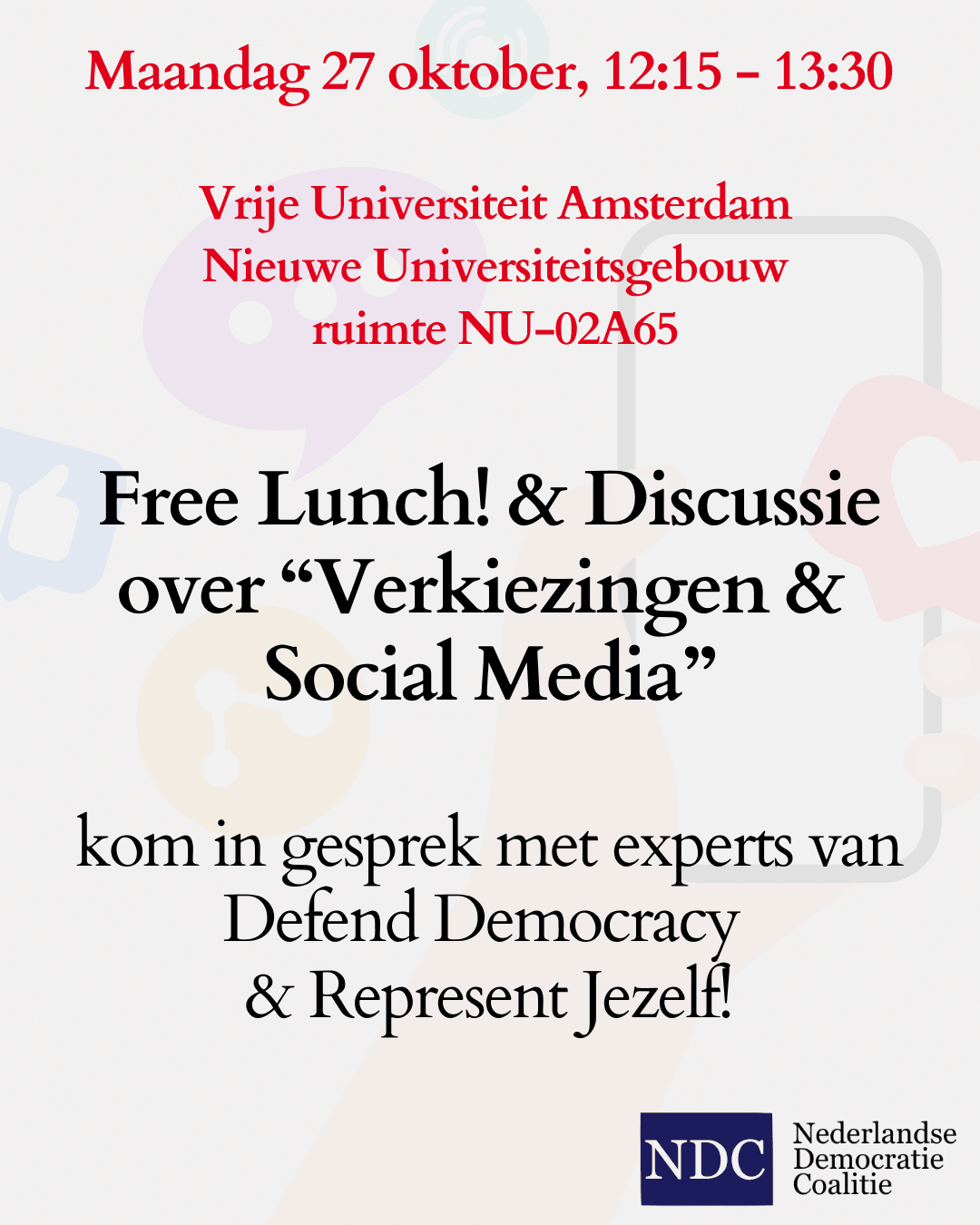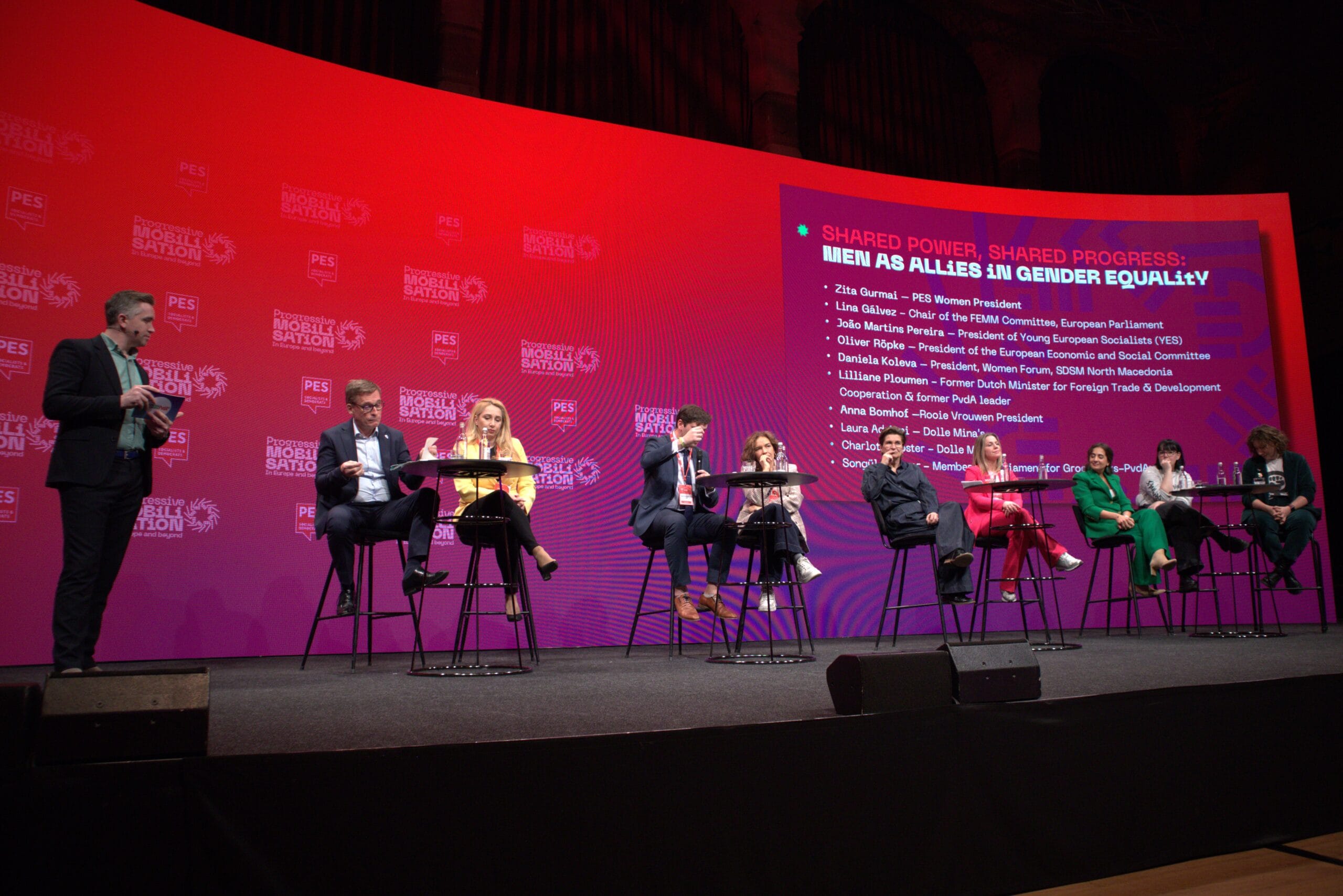Photo: Khartoum before the outbreak of the conflict - Wikimedia Commons
There is great panic in Khartoum, Sudan's capital, on 15 April 2023. Armed men storm the city and tens of thousands of people are forced to leave their homes. What follows is a protracted battle between the Sudanese Government Army (SAF), led by President Abdel al-Burhan, on one side and the Rapid Armed Forces (RSF) led by Mohammad Hamdan Dalgo, better known as 'Hemedti', on the other. Khartoum is largely taken by RSF fighters. Just before Christmas, the hitherto relatively peaceful Wad Medani taken, the country's third largest city. The conflict has left more than 7.5 million people displaced and more than 12,000 people killed. Also, both parties will be by the UN accused of committing brutal crimes against the Sudanese people. According to experts the conflict has become a very destructive civil war due to the ever-increasing fighting. Despite the fact that the conflict has been going on for more than 10 months now and is one of the biggest humanitarian disasters at the moment, it gets very little coverage in the Western (European) media.
Origin of conflict
The roots of the current conflict can be traced back to the Sudan Revolution of 2018. At the time, thousands of people took to the streets to demonstrate against the rule of authoritarian leader Omar al-Bashir. Al-Bashir ruled Sudan with a heavy hand for 30 years and was convicted by the International Criminal Court in The Hague indicted for various human rights violations and committing war crimes. Following massive protests, al-Bashir was removed in 2019 cordoned off. A transitional government composed of civilians and military personnel was appointed to ensure a democratic transition. In 2021, however, this transitional government was deposed. The current president al-Burhan became president through a coup and with the help of the Sudanese army. To assume this presidency, he formed an alliance with the aforementioned Hemedti, leader of the RSF. The RSF is an influential organisation militarily and economically.
RSF
In October 2021, an agreement between the SAF and RSF agreed that the RSF would integrate in the Sudanese army. This is where friction arose: while al-Burhan demanded that this amalgamation be completed within two years, Hemedti insisted that a 10-year period be allocated for this. Here it is important to note that under al-Bashir's regime, the RSF had developed into a major power factor in Sudan. The RSF was used by al-Bashir as a private army and deployed by him in the Darfur region to quell local conflict and insurgency. The RSF was responsible for an extensive genocide in 2003 when more than 300,000 people were killed in the Darfur region. In addition, the RSF received tasks assigned of al-Bashir that are normally fulfilled by the government. These include carrying out border controls, enforcing the rule of law and collecting taxes. Thus, the RSF became a hugely powerful organisation. The cooperation between al-Burhan and Hemedti collapsed and the violence began. Eventually, the RSF managed to largely drive the government army led by al-Burhan out of Khartoum and other parts of Sudan. Experts however, see the RSF not just as an ethnic militia, but as a hybrid form of an organisation that is simultaneously a militia, an enterprise and a mercenary army.
Gold
A major source of revenue for the RSF, as well as for the Sudanese government, is gold mining. Sudan is the third largest gold producer on the African continent. A significant proportion of the billions of gold mined annually is traded on the black market. Among others, Russia and the United Arab Emirates are key players in this illegal trade. Hemedti and his brothers own some large gold mines in Sudan. They were given these as a gift from al-Bashir in exchange for their loyalty during his regime. The SAF also owns gold mines. Both groups use gold to establish relations with foreign players. Controlling these valuable mineral resources is therefore an important motive in the conflict.
Human rights violations
However, the price that residents of Sudan pay for this is high. More than seven million people are displaced and 14 million children are out of school. Moreover, the conflict is not only taking place in Khartoum and Darfur. In recent months, the conflict has continued extensive and provinces previously labelled as relatively safe are now no longer a safe place for refugees. The SAF is supposed to protect civilians, but in practice they have almost exclusively allocated on securing their own military infrastructure. Protecting civilians does not seem to be a main concern for them. Both the RSF and the SAF have been accused of violating human rights by the UN. The gruesome statements from victims talking about torture, sexual violence and extortion show how dire the situation is. The targeted attacks on different ethnic groups are highly problematic.
Peace negotiations
A ceasefire now seems far away. Peace negotiations in Jeddah in May 2023, organised by Saudi Arabia and the United States, brought about a brief ceasefire, but fighting quickly resumed. New negotiations in October and November 2023 also collapsed. Mediation attempts by the African Union and the Horn of Africa countries' alliance, the Intergovernmental Authority on Development (IGAD), also failed to produce a breakthrough. On 18 January, IGAD will meet again to discuss the conflict, al-Burhan, however, declined the invitation to this meeting repulsed. He believes the conflict is an internal matter in which countries in the region should not interfere. As the conflict continues to spread across Sudan and the SAF's position weakens, more and more civilians are affected by the conflict. Further expansion of the conflict will be disastrous not only for Sudan, but also for surrounding countries like Chad and Ethiopia, where things have already been very unsettled recently. More and more international parties like Egypt, the United Arab Emirates and surrounding neighbouring countries have now intervened in the conflict.
With a civil war that has already lasted 10 months, displaced more than seven million people and resulted in thousands of deaths, it is now crucial that all parties involved re-engage in dialogue to prevent further human suffering. In doing so, the international community must intensify its efforts and demonstrate a shared commitment to achieving a lasting peace.




